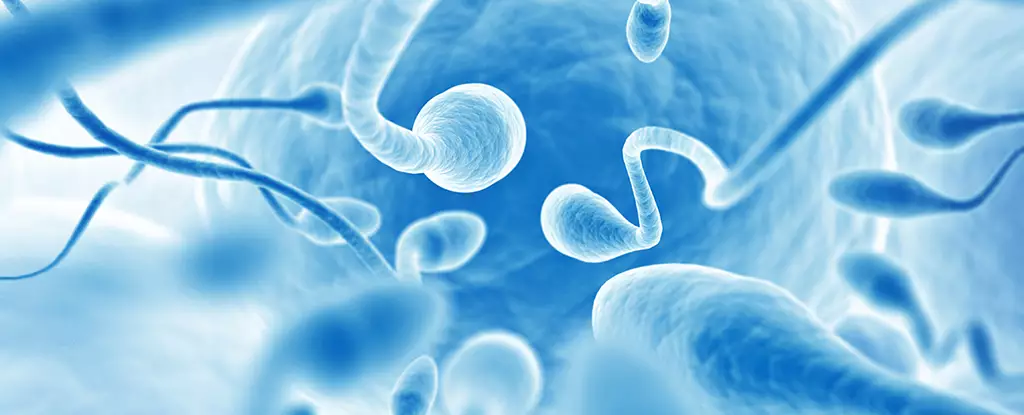As humanity stands on the cusp of major advancements in space exploration, the dream of populating the cosmos has never felt more tangible. This ambition, however, is fraught with complexities that extend beyond our understanding of astrobiology and planetary science. Among these challenges, one of the most pressing may be the fundamental processes of reproduction. Recent research sheds light on an unexpected obstacle: microgravity’s impact on human sperm, raising significant questions about the feasibility of human reproduction beyond Earth’s atmosphere.
Microgravity: A New Frontier for Biological Research
Microgravity, defined as a condition in which the gravitational forces are significantly reduced, can lead to alterations in biological processes. A groundbreaking study led by researchers from the Technical University of Catalonia and Dexeus University Hospital explored these concerns by examining the effects of microgravity on human sperm. In their experiment, the researchers collected fifteen human sperm samples and split them into two groups. One group remained on Earth, while the other was subjected to microgravity conditions through parabolic flights. The findings were illuminating, indicating that the effects of microgravity on sperm are both profound and concerning.
Impact on Sperm Motility and Vitality
The results from this study revealed a dramatic decline in sperm motility and vitality for those samples exposed to microgravity. Although the sperm did not perish entirely, the decrease in movement and the number of viable sperm cells raises alarming red flags regarding their ability to fertilize an egg. The authors of the study noted that while the sperm were still alive, their functionality was impaired. This suggests that prolonged exposure to microgravity could exacerbate these issues, ultimately jeopardizing reproductive success in space.
The decline in curvilinear velocity—how quickly sperm travel toward their goal—highlights the significant challenges that await space colonizers. If current trends continue, the likelihood of successful fertilization in a microgravity environment could be exceedingly low.
Interestingly, the research also unveiled some positive outcomes in the context of sperm health under microgravity conditions. Parameters such as DNA fragmentation, oxidative stress, apoptosis (programmed cell death), and sperm shape showed no significant correlations with exposure to microgravity. This aspect of the findings suggests that while motility may be compromised, other dimensions of sperm health remain intact—at least in the short term.
These encouraging results may offer a glimmer of hope; however, the overarching implications for reproductive health must not be overlooked. With space missions on the horizon, understanding the broader reproductive landscape in microgravity is crucial for those intent on establishing permanent colonies on the Moon or Mars.
The complexity of biology in space necessitates expanded research initiatives. While this study has opened the door for dialogue, it has also underscored the need for deeper investigations into the mechanisms underlying these microgravity-induced changes. What chemical processes are altered in sperm during exposure to low gravity? How do these changes affect reproductive success over extended periods? These questions remain unabated, as scientists express the urgent need for further studies before assisted reproductive techniques such as IVF can be appropriately evaluated for use in space environments.
Planning for long-term human habitation beyond Earth must include considerations about reproduction, a fundamental aspect of human existence. The implications of unsuccessful reproduction in space could reverberate beyond mere biological concerns, impacting psychological well-being and sociocultural dynamics within extraterrestrial communities.
As we push the boundaries of human exploration, the intersection of biology and space presents intricate challenges that we have yet to fully grasp. The ongoing research into the effects of microgravity on sperm underscores a pivotal issue: successful human reproduction in space is not guaranteed. The findings reinforce the importance of interdisciplinary collaboration in researching this aspect of human biology to ensure that the next steps in our journey toward space colonization are grounded in scientific understanding. Only by unraveling these mysteries can we hope to create sustainable human environments far beyond the planet we call home.


Leave a Reply